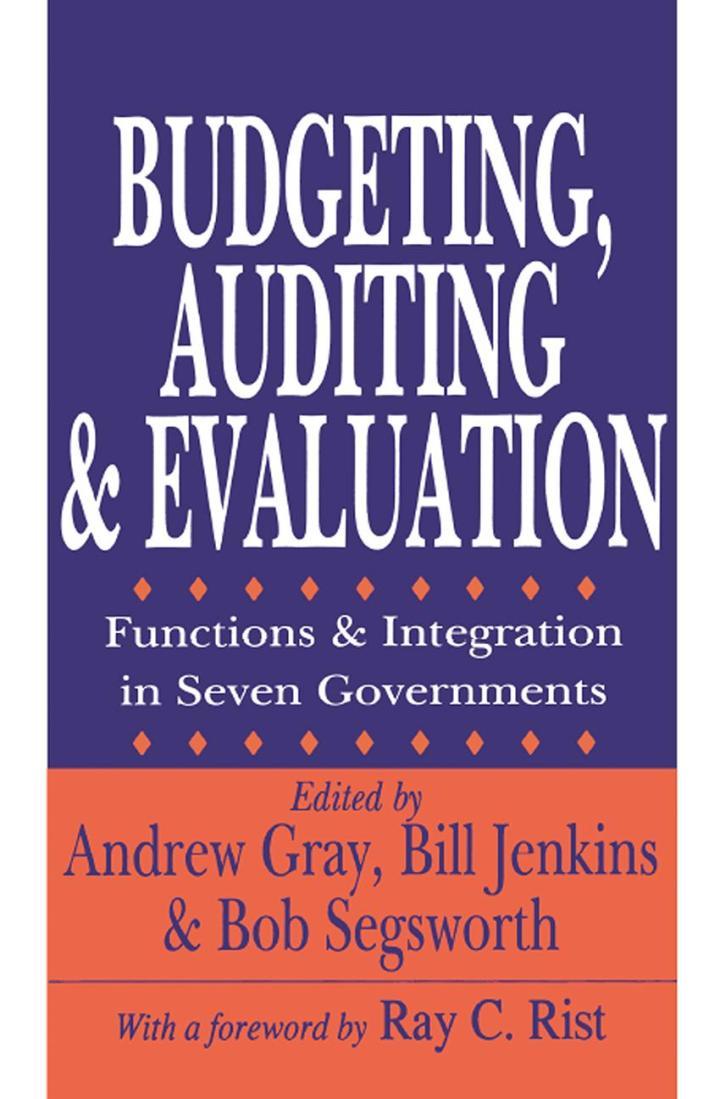Answered step by step
Verified Expert Solution
Question
1 Approved Answer
Comparative financial statements for Weller Corporation, a merchandising company, for the year ending December 3 1 appear below. The company did not issue any new
Comparative financial statements for Weller Corporation, a merchandising company, for the year ending December appear below. The company did not issue any new common stock during the year. A total of shares of common stock were outstanding. The interest rate on the bond payable was the income tax rate was and the dividend per share of common stock was $ last year and $ this year. The market value of the companys common stock at the end of this year was $ All of the companys sales are on account.
Weller Corporation
Comparative Balance Sheet
dollars in thousands
This Year Last Year
Assets
Current assets:
Cash $ $
Accounts receivable, net
Inventory
Prepaid expenses
Total current assets
Property and equipment:
Land
Buildings and equipment, net
Total property and equipment
Total assets $ $
Liabilities and Stockholders' Equity
Current liabilities:
Accounts payable $ $
Accrued liabilities
Notes payable, short term
Total current liabilities
Longterm liabilities:
Bonds payable
Total liabilities
Stockholders' equity:
Common stock
Additional paidin capital
Total paidin capital
Retained earnings
Total stockholders' equity
Total liabilities and stockholders' equity $ $
Weller Corporation
Comparative Income Statement and Reconciliation
dollars in thousands
This Year Last Year
Sales $ $
Cost of goods sold
Gross margin
Selling and administrative expenses:
Selling expenses
Administrative expenses
Total selling and administrative expenses
Net operating income
Interest expense
Net income before taxes
Income taxes
Net income
Dividends to common stockholders
Net income added to retained earnings
Beginning retained earnings
Ending retained earnings $ $
Required:
Compute the following financial data for this year:
Accounts receivable turnover. Assume all sales are on account.
Note: Round your answer to decimal places.
Average collection period.
Note: Use days in a year. Round your intermediate calculations and final answer to decimal places.
Inventory turnover.
Note: Round your answer to decimal places.
Average sale period.
Note: Use days in a year. Round your intermediate calculations and final answer to decimal places.
Operating cycle.
Note: Round your intermediate calculations and final answer to decimal places.
Total asset turnover.
Note: Round your answer to decimal places.
Step by Step Solution
There are 3 Steps involved in it
Step: 1

Get Instant Access to Expert-Tailored Solutions
See step-by-step solutions with expert insights and AI powered tools for academic success
Step: 2

Step: 3

Ace Your Homework with AI
Get the answers you need in no time with our AI-driven, step-by-step assistance
Get Started


